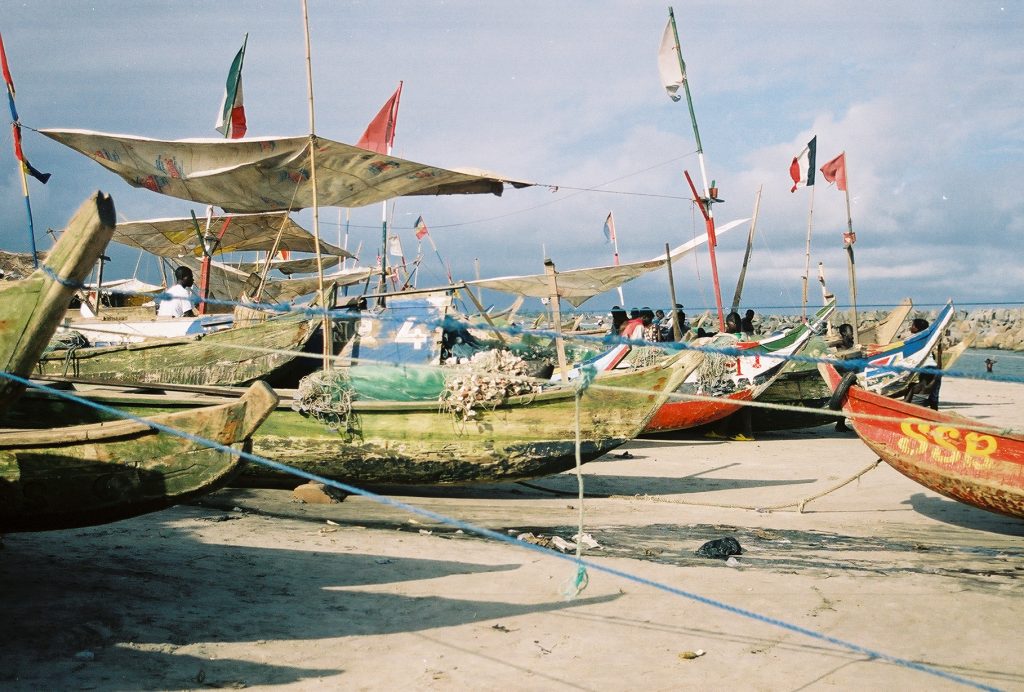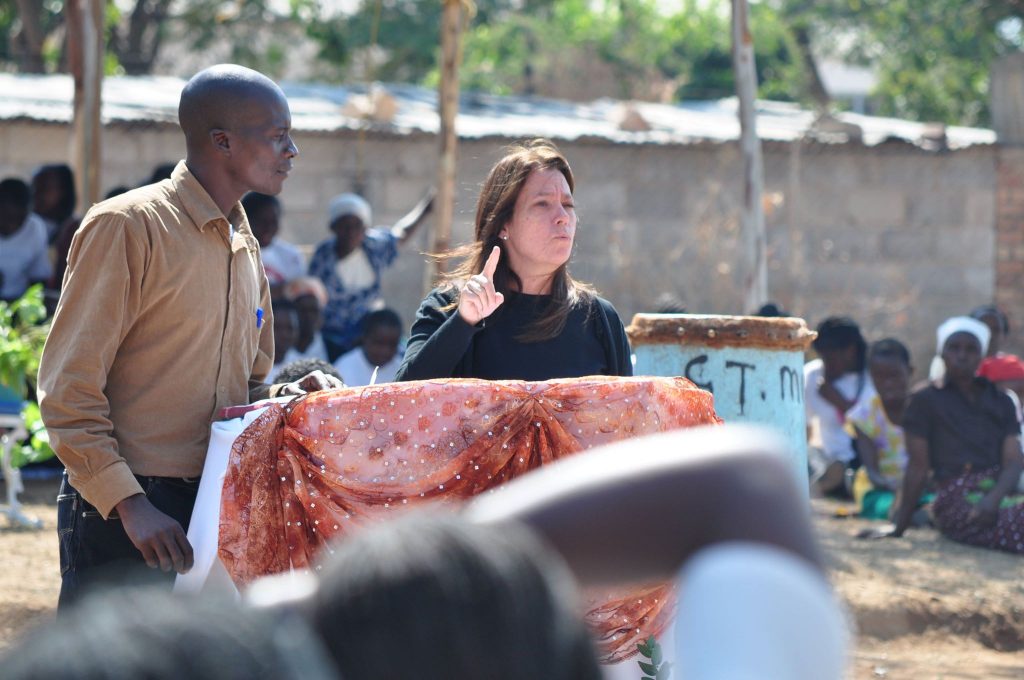
Time in the mission field is at a premium. Our trips are organized by the local diocese and many days we are preaching morning through evening. Pictured above is our family’s favorite place to visit when we have a few hours of downtime: the beach in Elmina. Pictured are fishing boats tied up while not in use. Most boats don’t have outboard motors, they are rowed to sea by teams of fishermen.
Cape Coast is the original capitol of Ghana. No longer the capitol, it is Ghana’s fifth largest city with more than 150,000 people. We stayed in Cape Coast in the “mission house” for the diocese. Most mature dioceses in Africa have a mission house, a rectory or “parish house” built with extra bedrooms in order to host any official guests to the diocese. In Cape Coast, the mission house is in a village called Pedu. It is on the outskirts of Cape Coast, just outside the gates to the regional seminary.
The beaches in Cape Coast are beautiful and empty except for teams of fisherman coming and going with their boats. But the waves in Cape Coast are huge and powerful with daunting undertows. The beach in nearby Elmina is calmer and a much more pleasant place to visit and walk. On the day that I took the picture above, I was in Ghana alone. I left for the airport as Florida was evacuating for a hurricane. I taught a week-long School of Evangelization for village based catechist in “the hinterland.” The nearest phone to call the USA was a 90 minute drive from the village where the school was held. The one time I made it to a phone, the call would not go through.
On my walk to the bus station this day, I was passed on the road by the local archbishop, Cardinal Turkson. He rolled down his window and laughed. “Just where do you think that you are going?” “To get a bus to Elmina,” I answered. Sunday was the day off for the driver that typically was sent to take us places. He said, “You will make me look bad. People know you and they will wonder why I have given you such poor hospitality that you are riding on a bus!” He insisted that I return to the mission house so that he could send his driver with a car. I said, “But I already know your driver. I can make new friends on the bus. Besides, your driver is the third most recognized face in the region (behind the Cardinal and Koffi Anan at that time), I will spend all of my time waiting for him to sign autographs. But, I will wait at the house if you want…”
I got to Elmina much faster with the car and driver than I would have by bus— a van known as a trotro (“troh-troh”). Perhaps the Cardinal’s prediction concerning perceptions of hospitality were correct, but so was my prediction about walking through Elmina with his driver. We were engaged in conversation by some 20-30 groups of people that either knew the driver personally or knew who he was because of the car that he was driving. Far more people knew or recognized the driver that knew me. 🙂

